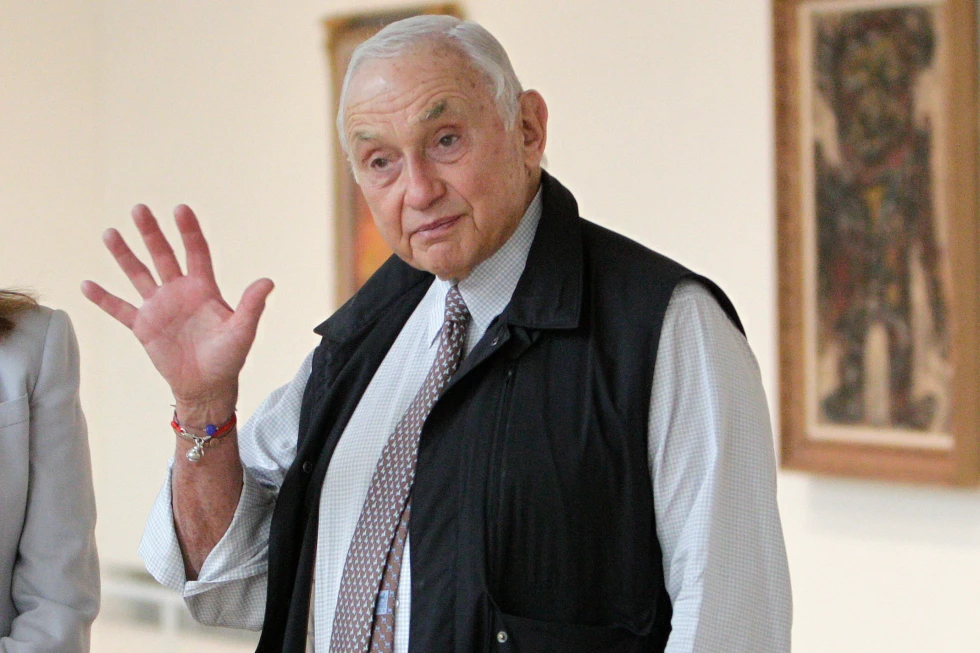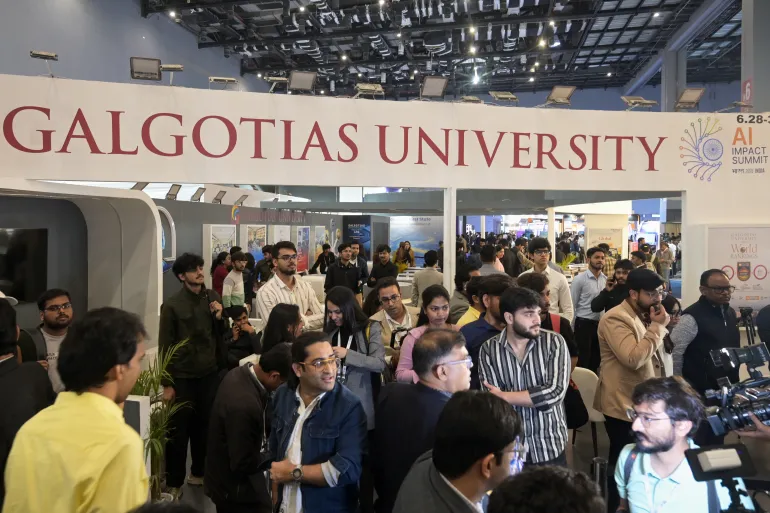For the first time, scientists have found evidence suggesting that a biologic drug designed to remove beta-amyloid plaques from the brain may delay the onset of Alzheimer’s disease in individuals genetically predisposed to develop it, CNN reports.
The small study, published in The Lancet Neurology, involved participants with rare genetic mutations that make Alzheimer’s almost inevitable. Those who took the amyloid-lowering drug gantenerumab for an average of eight years appeared to have a lower risk of developing symptoms compared to those who did not.
The study is part of the Dominantly Inherited Alzheimer’s Network (DIAN), a research initiative focused on individuals with inherited mutations linked to early-onset Alzheimer’s. Among the participants is Marty Reiswig, who refers to himself and others in the study as the “X-Men”—a nod to their genetic mutations and their mission to combat the disease.
While the results suggest that long-term use of gantenerumab may delay cognitive decline, outside experts urge caution. The study lacked a placebo-controlled comparison, raising concerns about potential biases. Some findings reached statistical significance, while others did not, making it difficult to draw firm conclusions.
“This study does not conclusively prove that Alzheimer’s onset can be delayed,” said Dr. Tara Spires-Jones, director of the Centre for Discovery Brain Sciences at the University of Edinburgh.
However, she acknowledged the results were “scientifically promising.”
Amyloid plaques, along with tau protein tangles, have long been associated with Alzheimer’s disease. For decades, researchers have pursued treatments aimed at clearing these plaques, but most efforts have yielded limited success.
Gantenerumab, once considered a failed drug after underwhelming results in large clinical trials, was allowed to continue in the DIAN study. When its manufacturer, Roche, discontinued development in 2023, participants were switched to another amyloid-lowering drug, lecanemab (marketed as Leqembi).
The study’s most striking finding came from a subset of 22 participants who had been on gantenerumab the longest. Their risk of developing symptoms appeared to be reduced by nearly half, though experts caution that this result alone is not definitive proof of the drug’s effectiveness.
Despite the promising findings, the research faces a critical funding challenge. The team’s National Institutes of Health (NIH) grant is up for renewal, but delays in the review process have put its continuation at risk. If funding runs out, patients who have been taking these drugs for years may lose access, potentially jeopardizing the ability to track long-term benefits.
“This is an invaluable study population,” said Dr. Michael Greicius, a neurology professor at Stanford University. “Continuing to follow them may provide the best test of the amyloid hypothesis.”
For Reiswig and others in the study, the potential loss of funding is deeply concerning.
“We are so close to preventing the world’s most tragic and expensive disease,” he said. “Stopping now would be devastating.”
While amyloid-targeting drugs like gantenerumab, Leqembi, and donanemab (Kisunla) offer hope, they remain costly and have only shown modest benefits in clinical trials. Scientists emphasize the need for larger, well-controlled studies to determine whether early, prolonged treatment can significantly alter the course of Alzheimer’s.










The latest news in your social feeds
Subscribe to our social media platforms to stay tuned